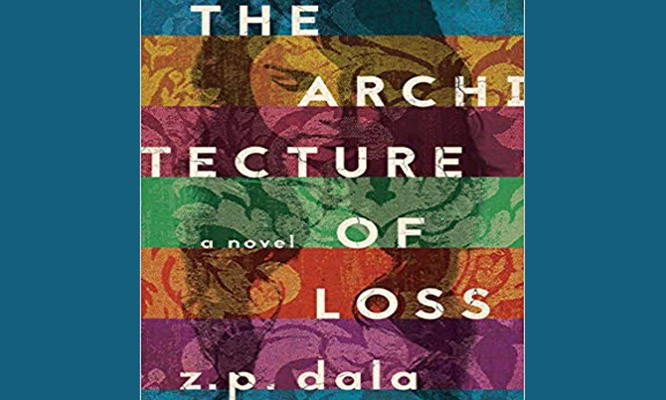
Zainab Priya Dala’s The Architecture of Loss is a relevant read now more than ever

Amidst the storm created by the recent Aurat March and the backlash it has faced not only from the extreme right, and religious sections of society but also from apparently progressive sections of the society, The Architecture of Loss by Zainab Priya Dala appears a relevant read more than ever.
Zainab Priya Dala, a third generation Indian, is based in Durban, South Africa. The novel is written in a melancholic yet positively reassuring tone about exposing the untold truth regarding women’s struggle against apartheid. Dala’s novel furiously fights back with the tempered historical representation about the role women played in the course of socio-political change.
In the case of this particular tale, the narratological mirror reflects the contributions of women who stood against apartheid in South Africa, gave away their personal and familial lives only to get bruised memories, tarnished souls and nightmares as a reward. The marginalisation of the marginalised is an explicitly unbearable truth woven in words by the narrator.
The novel begins with the return of a forty-two-year-old Afroze Bhana back to her hometown, Brighton, which is certainly not similar to the English Brighton. She comes back home after many decades. This homecoming is for no celebratory purposes but to see the near-to-death, cancer-stung mother, Doctor Sylvie, Sylverani Pillay. A bitter and bold character whose efforts against racial discrimination and humanity remain curtained behind the façade of her angry motherhood.
Afroze’s forced sending away, by Sylvie, from her home remains an enigma as tough as Sylvie’s character throughout the novel. The secrets, regrets, support and bonds of women with women force the reader to critically unveil the hidden narrative. New characters like Sylvie’s caregiver, Halima, her daughter Bibi, Afroze’s stepmother, Moomi and an old promiscuous man Sathie lace the plot with more twists as the relationship between the mother and daughter get more complicated.
The novel set in a fictional rural setting of Brighton, Zuzuland, unleashes the difficulties and demons women strugglers coped with during the pre-apartheid times in South Africa. Written by an omnipresent narrator, the focus remains mainly on strong feminine voices, their bonding in various relationships and the exploitation they face in the hand of an essentially suppressive yet struggling setup. As at one place it observes:
"Within them lay revolutionaries who could see the ugliness of segregation by color of skin, but who could not bring themselves to see how they kept women in boxes. They read Trotsky, they quoted Marx, but in their hearts they wished we would just go home to cook dinner."
The passion of Sylvie to contribute towards an endless struggle is symbolic of all those passionate women who want to explore their ways with free minds and less dictation.
The relevance could easily be drawn through the above quoted lines between the extremely disappointed progressive individuals after Pakistan Aurat March and the men who did not want to accept women as ‘equal’ companions in their struggle against Apartheid in South Africa.
Like Bessie Head, Priya Dala manages to channelise her anger, regret and loss by weaving the enigmatic tale which exposes the physical, psychological and social suffering women faced for their courage and brave stance they took. The Architecture of Loss, if analysed with a critical lens, becomes a tale of women living through the crucial times of extreme views but, like Dala’s Sylvie, women are "still living and breathing, and for that, it is never too late."